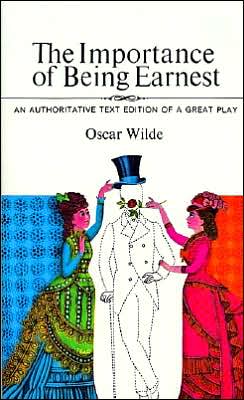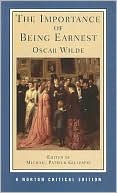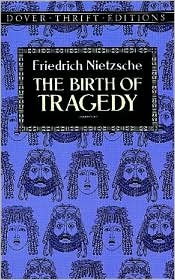Shakespeare on Management: Leadership Lessons for Today's Management
"In Shakespeare on Management" Paul Corrigan takes a fascinating look at the psychology of leadership using classic Shakespearean characters. He shows how, through his plays, Shakespeare demonstrates the different roles a leader can take and the different skills needed. He analyses the decision-making and actions of certain characters to see what can be learnt by today s managers, such as:\ • How Richard II s belief that having the title of King was enough became fatal;\ • Why Richard III s...
Search in google:
"In Shakespeare on Management" Paul Corrigan takes a fascinating look at the psychology of leadership using classic Shakespearean characters. He shows how, through his plays, Shakespeare demonstrates the different roles a leader can take and the different skills needed. He analyses the decision-making and actions of certain characters to see what can be learnt by today's managers, such as:Library JournalBoth of these books present palatable lessons on leadership, change, risk management, crisis management, power, and emotion, though Corrigan's book has a unique chapter, "Listening to Fools and Knaves." Corrigan's approach is more closely tied to Shakespeare's individual characters, while Augustine and Adelman focus on entire plays and the interaction of characters. Their writing style is also the more casual and engaging of the two. A passage from their introduction effectively captures the rationale for studying the lessons of Shakespeare in a high-tech world: "While the accoutrements of corporate life are now dramatically high tech--dominated by e-mail, cell phones, the web, and PCs--the basics still hinge on human nature." Both books link lessons from Shakespeare to modern-day business practitioners, although Corrigan tends to repeat the well-known names, while Augustine and Adelman refer to less well known, smaller-scale success stories. The latter use more actual passages from the Bard's work and end each "Act" with lessons for today's business leaders. Either or both books would make valid additions to collections of all sizes. If you have succumbed to Dilbert, Winnie the Pooh, and Goldilocks in your business collections, Shakespeare deserves to be represented.--Susan Dimattia, "Library Journal" Copyright 1999 Cahners Business Information.
\ Library JournalBoth of these books present palatable lessons on leadership, change, risk management, crisis management, power, and emotion, though Corrigan's book has a unique chapter, "Listening to Fools and Knaves." Corrigan's approach is more closely tied to Shakespeare's individual characters, while Augustine and Adelman focus on entire plays and the interaction of characters. Their writing style is also the more casual and engaging of the two. A passage from their introduction effectively captures the rationale for studying the lessons of Shakespeare in a high-tech world: "While the accoutrements of corporate life are now dramatically high tech--dominated by e-mail, cell phones, the web, and PCs--the basics still hinge on human nature." Both books link lessons from Shakespeare to modern-day business practitioners, although Corrigan tends to repeat the well-known names, while Augustine and Adelman refer to less well known, smaller-scale success stories. The latter use more actual passages from the Bard's work and end each "Act" with lessons for today's business leaders. Either or both books would make valid additions to collections of all sizes. If you have succumbed to Dilbert, Winnie the Pooh, and Goldilocks in your business collections, Shakespeare deserves to be represented.--Susan Dimattia, "Library Journal" Copyright 1999 Cahners Business Information.\ \








